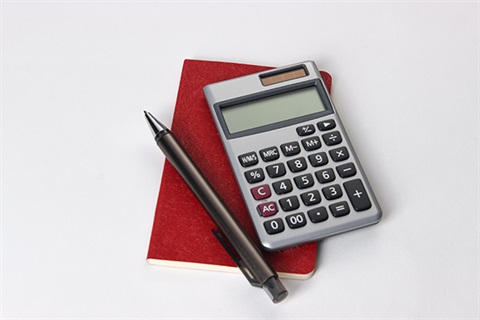Better regulation of drones in agriculture and personal mobility devices such as e-scooters could bring net benefits of more than $580 million over the next 20 years, according to a new paper released by the NSW Productivity Commission.
NSW Productivity Commissioner Peter Achterstraat AM said the Regulating Emerging Technologies paper highlighted the positive economic impacts that would flow from changing regulation of emerging technologies such as e-bikes, e-scooters, and drones.
“Personal mobility devices (PMDs), including e-scooters, could drive productivity improvements for our cities and regions, delivering reduced travel times, better access to public transport, and reduced congestion,” Mr Achterstraat said.
“Many Australian and international jurisdictions, including Queensland, the ACT, France and California, already regulate PMDs and allow them to be used in public areas but laws in NSW restrict their use to private property only.
“Use of PMDs in NSW could unlock more than $80 million in net economic benefits by 2041 in today’s dollars.”
Mr Achterstraat said the paper also highlighted other opportunities for the NSW Government to consider in such areas as e-bike regulation, paving the way for less congestion on our roads, reduced travel times and active health benefits.
“In all Australian jurisdictions, e-bikes are subject to speed and power limits which are modest by international standards,” Mr Achterstraat said.
“The same limits also apply to e-cargo bikes used for deliveries, as private use. This limits their potential to carry heavier loads at a time where e-commerce and food delivery is booming.
“The growth potential of e-bikes is enormous and increased uptake would mean less congested cities and faster travel for their riders. E-cargo bikes can also be up to 60 per cent faster than vans for last mile deliveries in urban areas.
“Both e-bikes and PMDs are more sustainable transport solutions than cars and motorbikes and supporting their uptake should be a key part of NSW’s net zero emissions future.”
The paper also found more flexibility around the regulation of drone use in agriculture could save an average farmer up to $11,000 in regulatory and training fees, as well as other significant time and cost savings.
In total, regulatory changes for drones in agriculture could unlock up to $500 million in net benefits in today’s dollars by 2041.
“Many high-risk farming activities could be replaced by drones, reducing farm injuries and fatalities,” Mr Achterstraat said.
“More use of drones on farms could also bring labour and fuel savings and improved crop yields through crop monitoring and spraying efficiencies.”
Mr Achterstraat said emerging technologies can improve the way we live and work, and boost NSW’s productivity.
“It’s time for a conversation between communities, industry, and government about these opportunities. A new, modern approach to regulating emerging technologies is required,” Mr Achterstraat said.
The Regulating Emerging Technologies paper is a follow-up to the White Paper, which was released in May this year. The White Paper can be read here: https://www.productivity.nsw.gov.au/white-paper
The Regulating Emerging Technologies paper can be read here: https://www.productivity.nsw.gov.au/regulating-emerging-technologies








